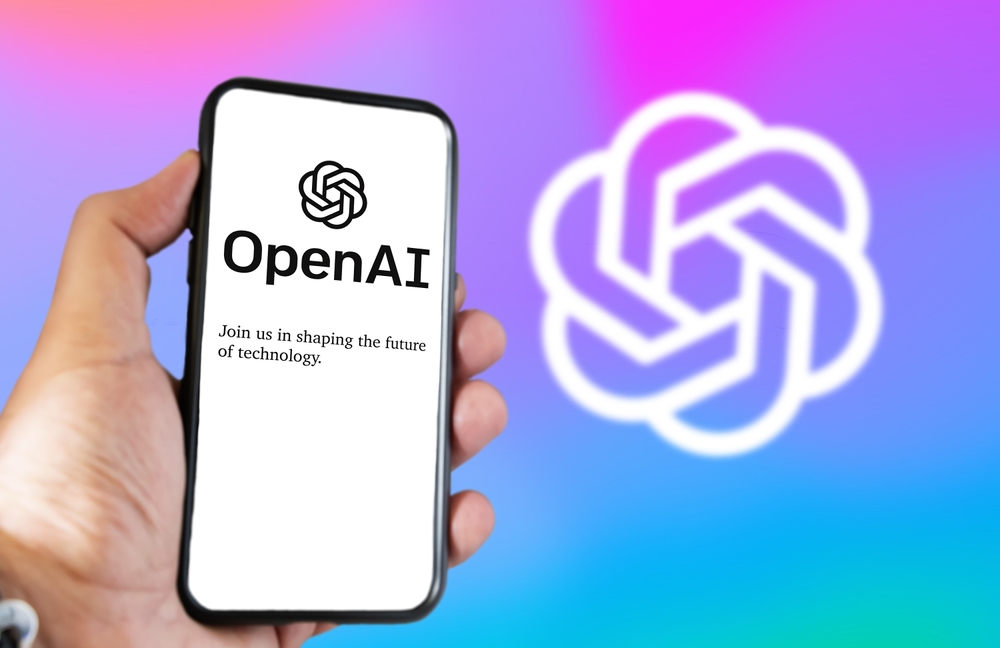A DAO, which stands for decentralized autonomous organization, is a unique entity that operates without central leadership. Instead, decision-making power is distributed throughout the community and governed by rules enforced on a blockchain.
This bottom-up approach allows for a more democratic and transparent decision-making process, where every member has an equal say in the organization’s direction. A DAO can work more efficiently and effectively without intermediaries or go-betweens by operating in a decentralized manner.
DAOs are innovative platforms owned and operated collectively by their members in a digital format. These organizations have treasuries built into them that can only be accessed with the approval of their members, ensuring transparency and accountability.
Instead of being governed by a central authority, decisions are made through a democratic process where members propose and vote on various issues during a specified period. By leveraging the power of the internet and blockchain technology, DAOs provide a unique opportunity for people to participate in a community-driven organization that is transparent and decentralized.
The Working Of DAO
Participating in a DAO typically involves holding a token, but various other ways exist to engage with this innovative entity. By leveraging the power of blockchain technology, DAOs offer a unique opportunity for people to come together and build decentralized, community-driven organizations.
These organizations prioritize transparency, accountability, and democratic decision-making. DAOs operate through smart contracts, self-executing pieces of code that automatically carry out specific functions when pre-defined conditions are met.
These smart contracts are deployed on various blockchains, but Ethereum was the first to utilize them to create DAOs. By establishing the rules that govern a DAO, smart contracts provide the necessary framework for democratic decision-making.
Those with a stake in a DAO are granted voting rights and can influence how the organization operates by supporting or creating new governance proposals.
This decentralized approach to decision-making ensures that all members have an equal say in the organization’s direction, allowing for a more transparent and democratic process.
Steps In Launching A DAO
There are three crucial steps to launching a decentralized autonomous organization, they are:
Creating A Smart Contract: A DAO requires careful consideration and thorough testing to ensure that the rules established in the contract are comprehensive and practical. Initially, a developer or team creates a smart contract to power the DAO. After its launch, any changes to the rules can only be made through the governance system.
Funding: Once the smart contracts are in place, a DAO must determine how it will raise funds and establish governance. Typically, DAOs will sell tokens to raise funds, granting voting rights to their holders.
Through the sale of its governance tokens, the DAO can attract investors interested in participating in the organization and helping to shape its direction through democratic decision-making.
Deployment: A DAO must be deployed onto the blockchain after completing all the preparations. At this point, stakeholders take control of the organization and begin shaping its future through democratic decision-making. The DAO’s creators, who wrote the smart contracts, no longer influence the organization more than any other stakeholders.
The Need For DAO
DAOs have a range of advantages over traditional organizations due to their internet-native structure. One significant benefit of DAOs is the reduced need for trust between parties.
In traditional organizations, a considerable amount of faith must be placed in the individuals behind the organization, particularly from investors. With DAOs, on the other hand, this level of trust is significantly reduced since the smart contract code is the only entity that needs to be trusted.
More importantly, all DAO members can have a say in what is written in the smart contracts. This trustless design is made possible through blockchain technology, which ensures that all transactions and interactions are transparent, immutable, and secure.
By removing the need for intermediaries and relying on decentralized, community-driven decision-making, DAOs offer a novel approach to organizational design that is efficient and democratic.
